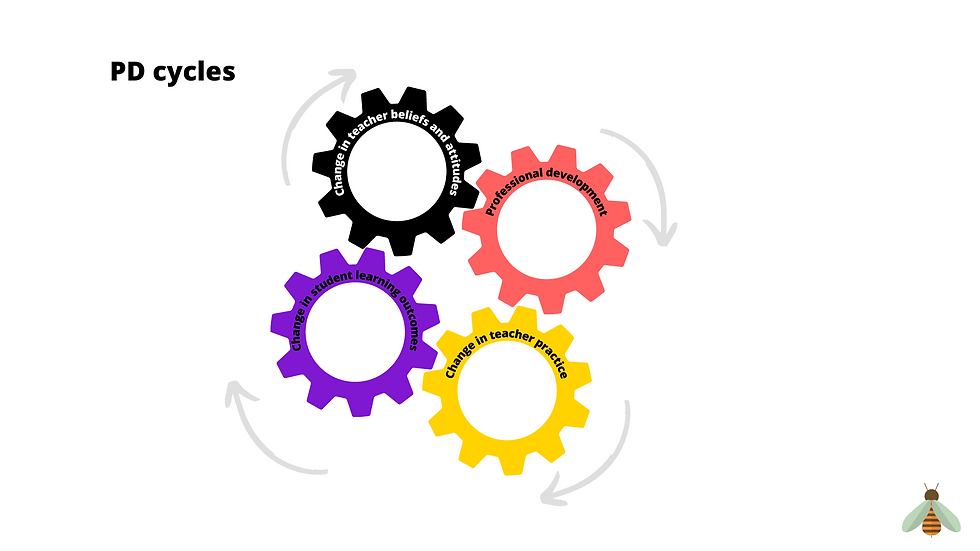Sustainable change for September 2023
- Mr Bee

- May 15, 2023
- 2 min read
Updated: May 19, 2023
Summer 2023 is on the horizon and so too is the start of a new academic year. Many teachers, leaders and schools will be starting to think about priorities and changes to 2023.
Here, we have uploaded our ready to go staff meeting to develop sustainable change.
Mastery learning is an instructional approach that focuses on ensuring that all students achieve mastery of a given learning objective before moving on. This approach differs from traditional instruction, which often moves students through a curriculum at a pace that is not individualized to their needs.

There are many benefits to teaching for mastery. Students who experience mastery learning are more likely to retain the information they learn, and they are also more likely to develop a deeper understanding of the material. In addition, mastery learning can help to close the achievement gap between students from different backgrounds.
However, teaching for mastery can be challenging. It requires a significant amount of planning and preparation, and it can be difficult to ensure that all students are making progress at the same rate. In addition, mastery learning can be more time-consuming than traditional instruction.
Despite the challenges, teaching for mastery can be a very effective way to improve student learning. If you are considering implementing mastery learning in your classroom, there are a few things you can do to increase the chances of success.

First, it is important to have a clear understanding of what mastery means for your students. What specific skills or knowledge do you want them to master? Once you have a clear understanding of your goals, you can develop a plan for how you will assess student progress.
It is also important to provide students with the support they need to succeed. This may include providing them with additional resources, such as practice problems or online tutorials. You may also want to consider creating a small group or peer tutoring program.
Finally, it is important to be patient. Teaching for mastery takes time and effort. However, if you are willing to put in the work, you will be rewarded with students who are more engaged, more confident, and better prepared for success.
Here are some additional tips for developing sustainable change when teaching for mastery in schools:
Get buy-in from stakeholders. This includes teachers, administrators, parents, and students.
Create a clear vision for what mastery learning looks like in your school.
Develop a plan for how you will implement mastery learning.
Provide ongoing professional development for teachers.
Collect data to measure student progress.
Use data to make adjustments to your teaching practices.
Celebrate successes along the way.
By following these tips, you can increase the chances of success when teaching for mastery in schools.




Comments